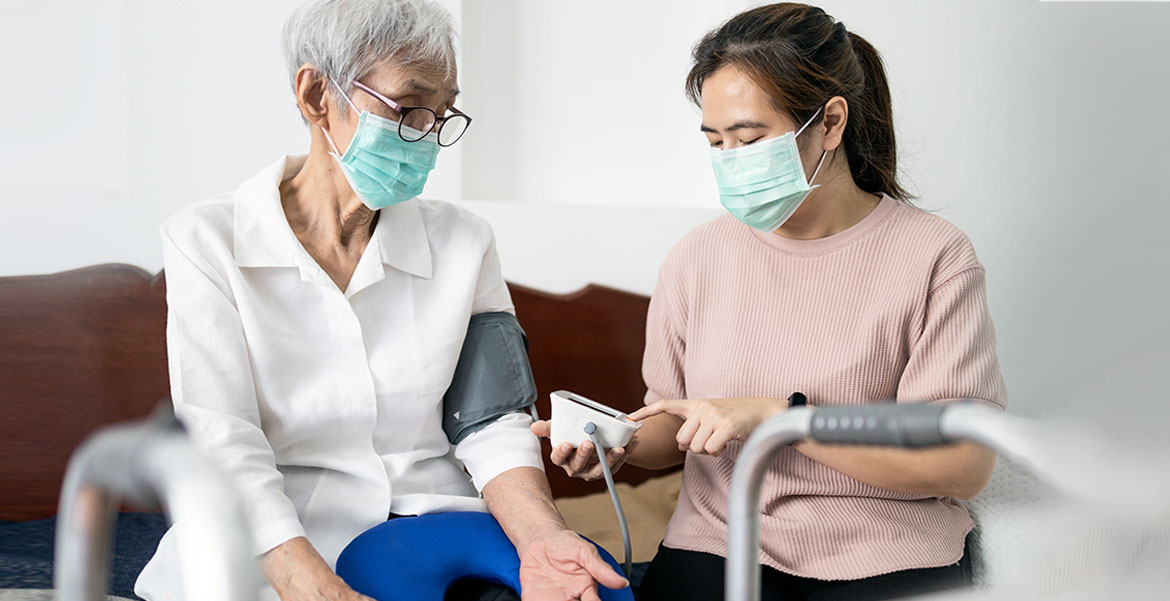Coping with Someone who has Cancer
Finding out that someone you know has cancer can be difficult. If you’re very close to the person, this can be a frightening and stressful time for you, too. If you are not comfortable talking about cancer, you might not be the best person for your friend to talk with at this time. You may need some time to work through your own feelings. You can even explain to your friend that you are having trouble talking about cancer. You might be able to help them find someone who is more comfortable talking about it by helping them look for support groups or connecting with a community.
Things you should always remember:
Respect the privacy of someone who has cancer
If someone tells you that they have cancer, you should never tell anyone else unless they have given you permission. Let them be the one to tell others. If someone else asks you about it, you can say something like, “It’s not up to me to share this”.
How do I get over feeling uncomfortable around someone who has cancer
Feeling sorry for them, or feeling guilty for being healthy yourself, are normal responses. But by turning those feelings into offerings of support, you make the feelings useful. Asking how you can help can take away some of the awkwardness. Cancer is a scary disease. It can create a great deal of uneasiness for people who don’t have the experience dealing with it. Don’t be ashamed of your own fears or discomfort. Be honest with the person about how you feel. You might find that talking about it is easier than you think.
What if the person refuses or stops cancer treatment
At some point during a patient’s cancer journey, they might refuse or decide to stop cancer treatment. You might feel like they’re giving up and that can be upsetting or frustrating. You might not agree with their decision, but it’s important to support them and give them the space to decide what they feel is best for their health, well-being and quality of life. Even after a person refuses cancer treatment or decides to stop their treatment, it’s important to make sure they fully understand their options. You might want to suggest the person to talk with their cancer care team about their decision. Some will and others won’t. After talking to their cancer care team, don’t be surprised if your loved one still decides to stop or refuse treatment. Continue to offer your support.
Facing the final stages of life
Some people worry about what to say when a person with cancer talks or asks about dying. Listen to them and be open and honest. Don’t try to answer questions that you don’t know the answers to. Offer to help them reach out to their health care team. There are no magic words for a person who is dying, but often your presence and support goes a long way.
Tags: Cancer caregiver, cancer patients, cancer, social life. Emotional challenges, cancer treatment, motivation, counseling, caregiver concerns, relationships, family life, cancer wellness, cancer journey









